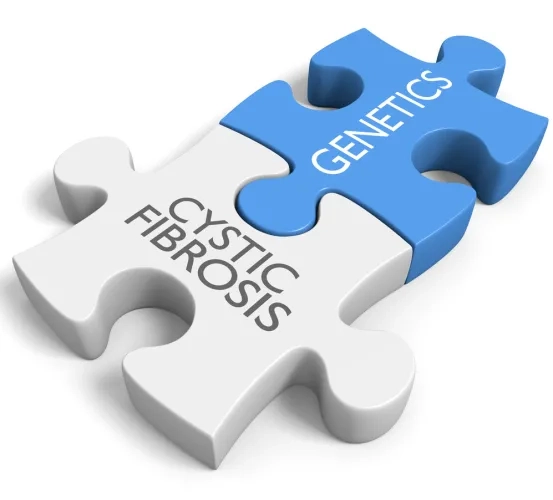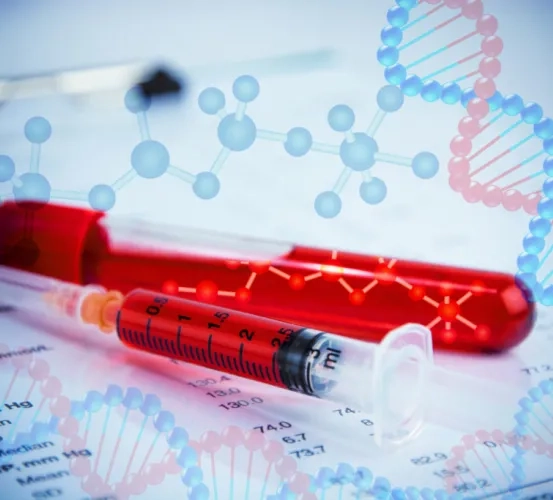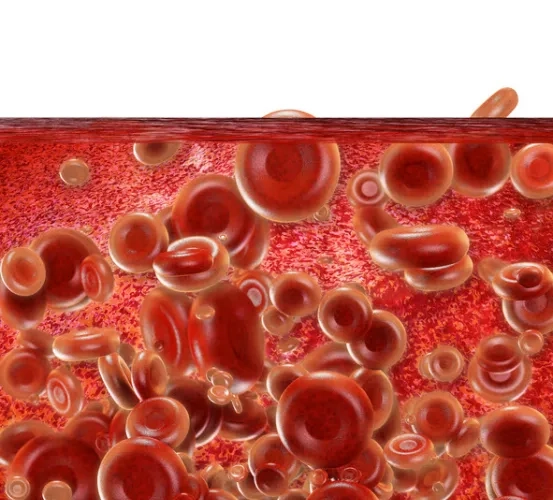
Taste and Smell Differences in Obese Versus Non-Obese Individuals

A Proof-of-Concept Trial on the Effect of Ketamine on Fatigue

Study of Systemic Lupus Erythematosus
The National Institutes of Health (NIH) is conducting a research study for patients with lupus. Doctors want to learn more about the disease and are looking for what causes it, how it progresses over time, and the genetic factors that might make a person more likely to develop it. This study is open to any individual, 10 years of age or older, who meets the American College of Rheumatology's criteria for having lupus, which include symptoms and abnormal blood tests.

Role of Genetic Factors in the Development of Lung Disease
Cystic fibrosis (CF) is a progressive, genetic disease that causes persistent lung infections and over time limits the ability of individuals to breathe. Researchers at the National Institutes of Health (NIH) are studying the infection, disease progression, and abnormal genes responsible for cystic fibrosis to better understand the disease process and its effects on breathing.

Investigation of the Natural Progression of Clonal Hematopoiesis of Indeterminate Potential and Clonal Cytopenia of Undetermined Significance

Viral Load in Blood and Lymph Tissues of HIV-Infected Individuals

Role of Genetic Factors in the Development of Lung Disease

Viral Load in Blood and Lymph Tissues of HIV-Infected Individuals

Improved Methods of Cell Selection for Bone Marrow Transplant Alternatives


